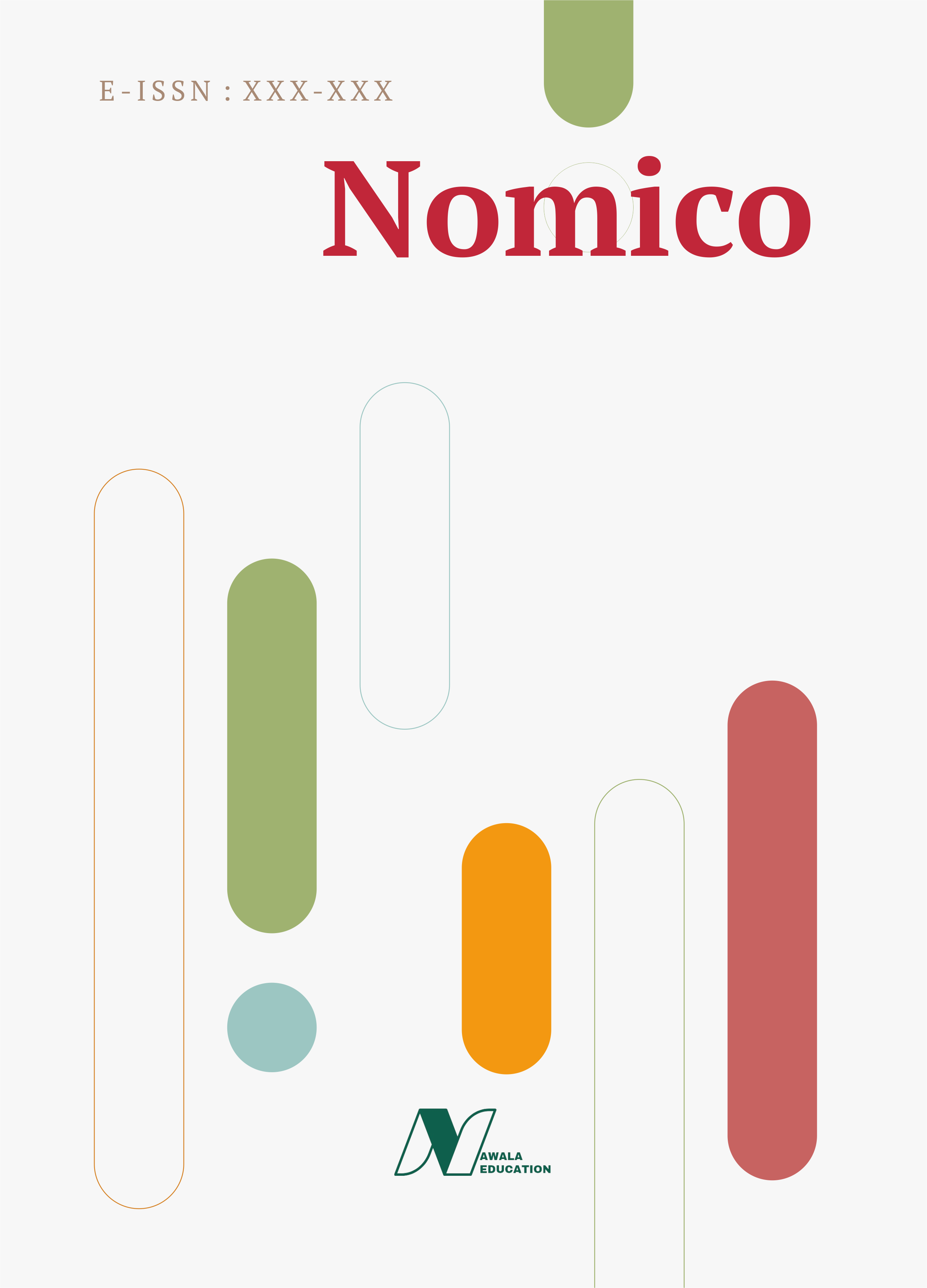The Understanding of Electrical and Computer Engineering Students to Translate Sharia Economic Texts Via Google Translate
DOI:
https://doi.org/10.62872/b4zv3w27Keywords:
Economic, Electrical and computer engineering students, Google TranslateAbstract
The potential of Islamic economics to develop in Aceh where Islamic culture and values are very large and strong. Therefore, even though electrical and computer engineering students do not specifically study Islamic economics courses but live in Aceh, it is important to know the insight into Islamic economic texts. Google translate is very helpful in translating texts with nuances of sharia economics in Aceh to electrical and computer engineering students. This research was a descriptive-qualitative. The data used as a test comes from the abstract of an article by Ode and Hamizar (2024) entitled "Quantitative Analysis of the Relationship between Income and Welfare of Tuna Fishermen from the Perspective of Sharia Finance" which title is themed on sharia finance which is needed to determine the abilities of electrical and computer engineering students so that they can have insight related to the sharia economic system where this system is implemented in Aceh where they live. It can be concluded that electrical and computer engineering students can understand the interlingual translation of abstracts related to Islamic economics in English into Indonesian via Google Translate.
Downloads
References
Abdurrauf, M. (2023). Konsep dan Implementasi Sistem Ekonomi Islam di Aceh. Universal Grace Journal: Scientific Multidiciplinary, 1(1), 91-102.
Alam, A. (2020). Google Translate Sebagai Alternatif Media Penerjemahan Teks Bahasa Asing Ke Dalam Bahasa Indonesia. Jurnal Instruksional, 1(2), 159-163.
Al ayubi, M. S. (2017). Pemanfaatan Google Translator Sebagai Media Pembelajaran Pada Terjemahan Teks Berita Asing. Jurnal Teknodik, 21(2), 155-166.
Bania, A. S., & Faridy, N. (2020). Intralingual Translation Ability by Students of Sharia Law-Economics Against Popular Scientific Words of Sharia Economics. In Proceedings of the 2nd International Conference on Science, Technology, and Modern Society (ICSTMS 2020), 576: 10-13.
Bania, A . S., & Faridy, N. (2023). Quality of translation via google translate in comedy texts. Englisia: Journal of Language, Education, and Humanities, 11(1), 19-36.
Bania, A. S., Nuraini, & Ulfa, M. (2020). Character and Student Ability of Covid-19 Understanding in Digital Era In 2020. Budapest International Research and Critics Institute-Journal (BIRCI-Journal), 3(3), 2233-2240.
Bania, A. S., Rahmiati, & Yakob, M. (2021). Understanding Of Interlingual Translation "Di Atas" By Agribusiness Students In Program Of English As General Course Study. In 4 rd English Language and Literature International Conference Proceedings, 4, 416-421.
Faridy, N., Lubis, N., Bania, A.S. 2023. Intralingual Understanding of Popular Scientific Words About Sharia Economics. Jurnal Pendidikan Ekonomi (JURKAMI), 8 (3), 673-685.
Fuadi, M. (2023). Ekonomi Syariah, Peluang dan Tantangan nya bagi Ekonomi Aceh. Jurnal Al-Mizan:Jurnal Hukum Islam Dan Ekonomi Syariah, 10(1), 65-74.
Ikram, M. (2023). Pemanfaatan Media Google Lens Untuk Pembelajaran Menerjemah Bahasa Arab Bagi Mahasiswa Program Studi Pendidikan Bahasa Arab; Thesis. Banda Aceh: UPT Perpustakaan UIN Ar-Raniry.
Kaliyadan, F., Al Dhafiri, M., & Al Dossari, S. (2021). Online Translation Tools as an Adjunct in Teleconsultations. Indian Dermatology Online Journal 12(1):154-155.
Nanda, T. S. F., Ayumiati, & Wahyu, R. (2019). Tingkat Literasi Keuangan Syariah: Studi Pada Masyarakat Kota Banda Aceh. JIHBIZ: Global Journal of Islamic Banking and Finance, 1(2), 141-152.
Nuraini, N., Bania, A.S., Faridy, N., & Nursamsu, N. (2022). Identification of Ornamental Plants Via Google Lens Based on Intersemiotic.Jurnal Penelitian Pendidikan IPA,8(3), 1243–1251.
Maurya, A., Kumar, A., & Alimohammadi, D. (2023). Application of Google Lens to Promote Information Services beyond the Traditional Techniques. Qualitative and Quantitative Methods in Libraries (QQML), 12(1), 111-136.
Ode, S., & Hamizar, A. (2024). Quantitative Analysis of the Relationship between Income and Welfare of Tuna Fishermen from the Perspective of Sharia Finance. Nomico, 1(1),
Rusandi, & Rusli, M. (2022). Merancang Penelitian Kualitatif Dasar/Deskriptif dan Studi Kasus. Al-Ubudiyah: Jurnal Pendidikan dan Studi Islam, 2(1), 1-13.
Sholikhah, A. (2016). Statistik Deskriptif Dalam Penelitian Kualitatif. KOMUNIKA: Jurnal Dakwah Dan Komunikasi, 10(2), 342–362
Subandi. (2011). Deskripsi Kualitatif Sebagai Satu Metode Dalam Penelitian Pertunjukan. Harmonia, 11(2), 173-179.
Syamsuri., Fadillah, N. H., Kusuma, A. R., & Jamal. (2021). Analisis Qanun (Lembaga Keuangan syariah) Dalam Penerapan Ekonomi Islam Melalui Perbankan Syariah di Aceh. Jurnal Ilmiah Ekonomi Islam, 7(03), 1705-1716.
Waruwu, M. (2023). Pendekatan Penelitian Pendidikan: Metode Penelitian Kualitatif, Metode Penelitian Kuantitatif dan Metode Penelitian Kombinasi (Mixed Method). Jurnal Pendidikan Tambusai, 7(1), 2896-2910.
Yuliani, W. (2018). Metode Penelitian Deskriptif Kualitatif Dalam Perspektif bimbingan Dan Konseling. Quanta, 2(2), 83-91.
Downloads
Published
Issue
Section
License
Copyright (c) 2024 Agus Adria (Author)

This work is licensed under a Creative Commons Attribution-ShareAlike 4.0 International License.

This work is licensed under a Creative Commons Attribution-ShareAlike 4.0 International License.











